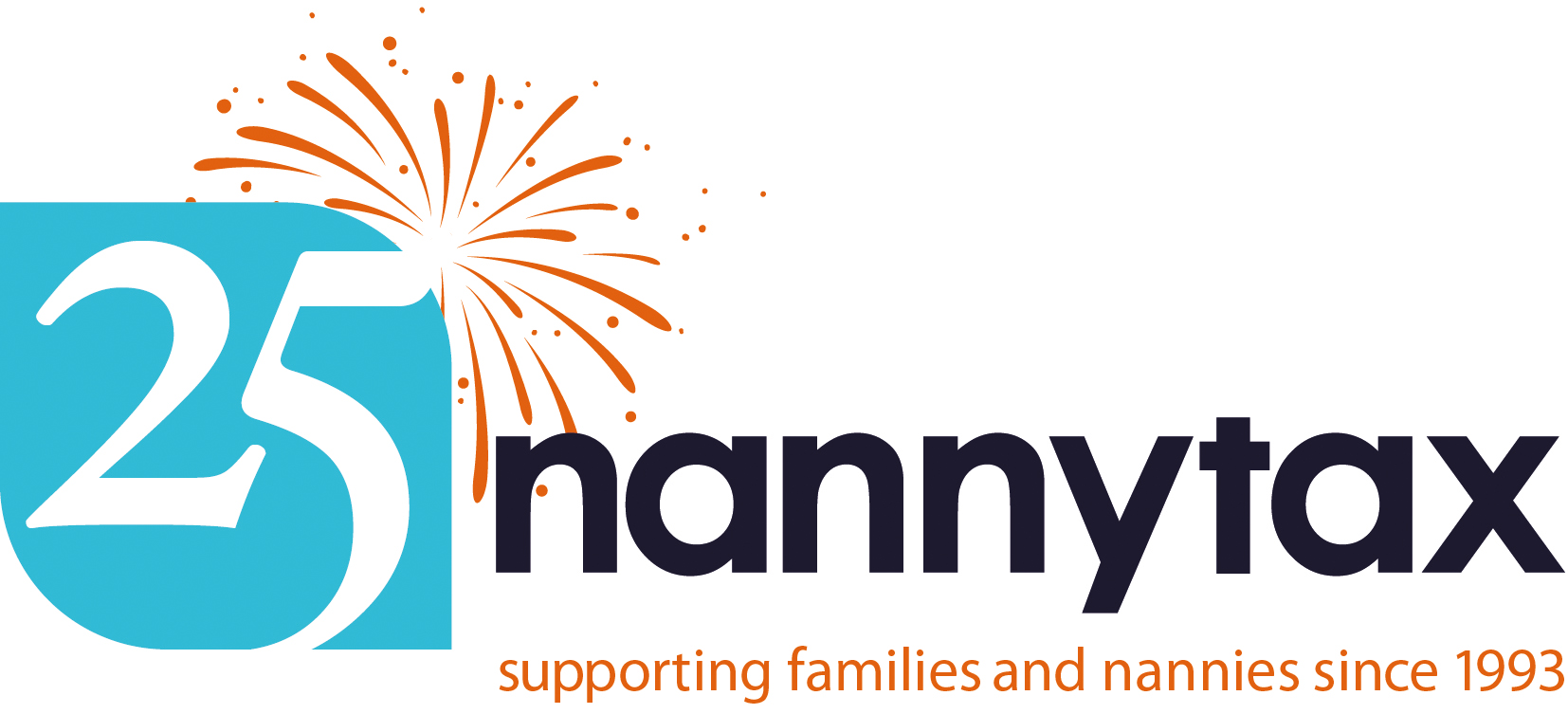Employer Responsibility
- Nanny and household staff employers have the same legal responsibilities as commercial employers.
- If a nanny or household staff employee earns over the Tax and NI thresholds, the employer must deduct these from her gross salary and pay these to HMRC on her behalf.
- NI Contributions go towards state pension and statutory entitlements such as SMP, SSP and unemployment benefits.
- Payslips are proof of earnings, required in order to apply for a bank loan or mortgage.
Tax Rates and Thresholds for 2019-20
The new Government Rates for the Tax Year 2019-20.
| Tax brackets |
Gross per week |
Description |
| Lower Earnings Limit |
£118 gross per week or less |
If you pay your employee the LEL or below, there is nothing due to HMRC and your employee will not be entitled to any state pensions or benefits. |
| Bracket between Lower Earnings Limit and NI Threshold |
Between £118-£166 gross per week |
If you pay your employee between these figures there is nothing due to HMRC, however you should still register so your employee will be entitled to state pension and benefits. |
| Employer's (Secondary) NI Threshold |
£166 gross per week or more |
If you pay your employee £166 or more you must register and pay Employer’s NI. |
| Employee's (Primary) NI Threshold |
£166 gross per week or more |
If you pay your employee £166 or more you must now deduct National Insurance on behalf of your employee, as well as pay Employer’s NI. |
| Tax Threshold |
Over £240 gross per week |
If you pay your employee £240 or more you must now also deduct tax on from your employee. |
Tax and NI Payments
If your Tax and NI bill is below £1,500 per month you only have to pay the Tax and NI to HMRC on a quarterly basis. Be aware that late payments can result in hefty fines and interest being applied.
If your monthly liability bill exceeds £1,500 per month, you must pay HMRC every month.
| Payment Deadlines |
Financial Quarter |
Months Covered |
| 19th Jan |
4 |
Oct, Nov, Dec |
| 19th April |
1 |
Jan, Feb, Mar |
| 19th July |
2 |
April, May, Jun |
| 19th Oct |
3 |
Jul, Aug, Sep |
National Minimum Wage (NMW)
*The National Minimum Wage (under 24) changes every October, the National Living Wage (25+) changes every April.
| Age |
Gross per hour |
| Under 18 |
£4.35 |
| Age 18-20 |
£6.15 |
| Age 21-24 |
£7.70 |
| Age 25+ |
£8.21 |
| Offset Allowance |
£52.85 per 7-day week |
Pension Contribution
Below is a table that illustrates the minimum percentage of the employee's pay that an employer, an employee and the government will have to contribute this financial year.
| Dates |
Employer |
Employee |
Government |
Total |
| 6th April 2019 - 5th April 2020 |
3% |
4% |
1% |
8% |
For more information visit www.nannytax.co.uk or www.stafftax.co.uk.

